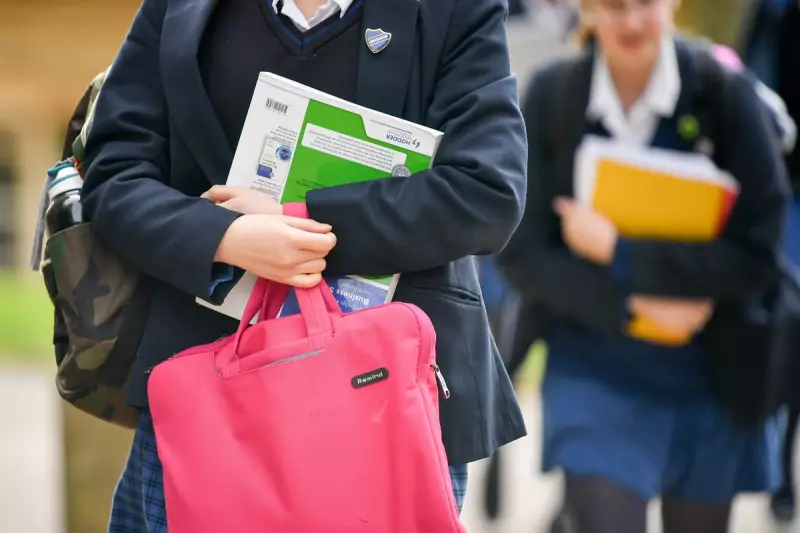
Alarming new research has laid bare the devastating impact of child poverty within UK classrooms, revealing that one in four pupils are regularly arriving at school too hungry to concentrate on their lessons.
The comprehensive study, conducted by the Child Poverty Action Group (CPAG), surveyed over 1,000 teaching staff across England, Scotland, and Wales. The findings paint a grim picture of a deepening crisis, with 92% of educators reporting that poverty is significantly hindering their students' ability to learn effectively.
The human cost of this crisis is starkly evident in the daily experiences of teachers:
- Over half (53%) report a noticeable increase in the number of children showing up to school without having eaten breakfast.
- Nearly two-thirds (63%) observe pupils wearing worn-out or ill-fitting uniforms and shoes.
- A deeply concerning 42% of teachers say they have witnessed children saving their free school meals to take home for younger siblings, sacrificing their own nutrition.
"This isn't just about statistics; it's about children who are exhausted, unable to focus, and missing out on their fundamental right to an education because of empty stomachs and preventable hardship," said a representative from CPAG.
Government Inaction and a Call for Change
The report delivers a scathing critique of current government policies, which it argues are failing the most vulnerable in society. It highlights the restrictive eligibility criteria for free school meals, which exclude an estimated 800,000 children living in poverty from receiving this vital support.
Educators on the front line are increasingly forced to act as a social safety net, with many dipping into their own pockets to provide food, clothing, and basic essentials for their struggling pupils.
The CPAG and teaching unions are now issuing an urgent plea to Westminster, demanding an immediate expansion of free school meal eligibility and a coherent, cross-government strategy to tackle the root causes of child poverty.
As the cost-of-living squeeze continues to tighten its grip on family budgets, this research serves as a powerful indictment of the nation's social fabric, questioning how many more children will be left behind before decisive action is taken.





